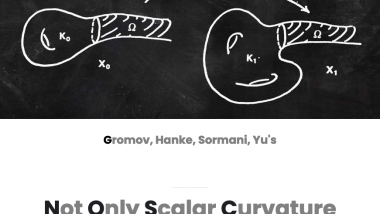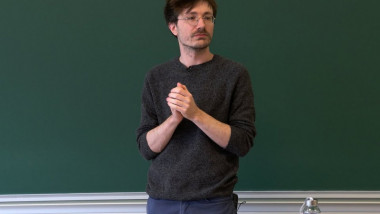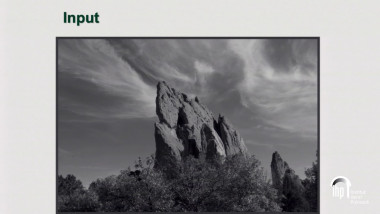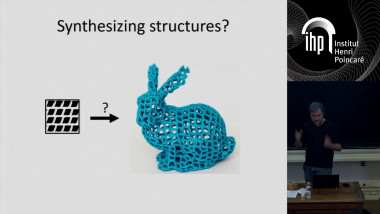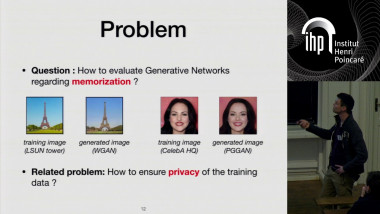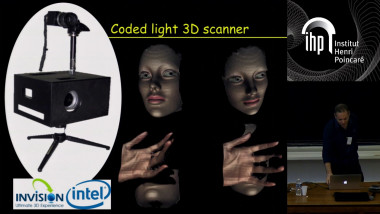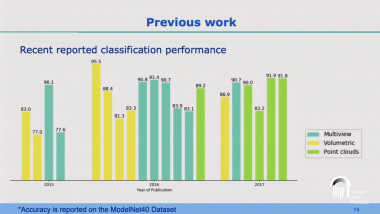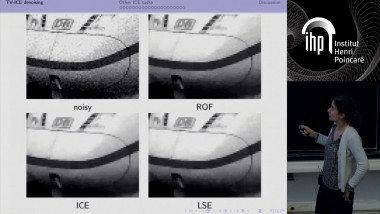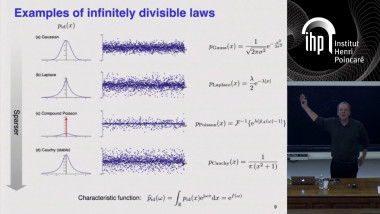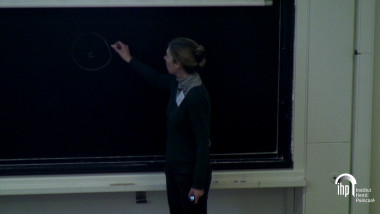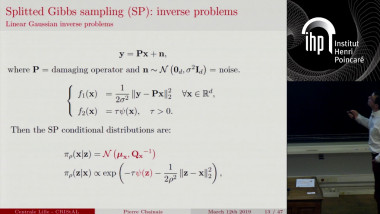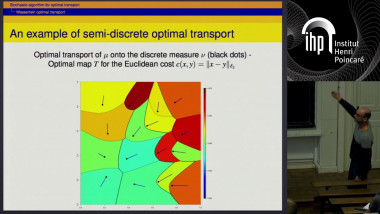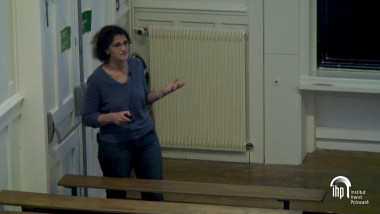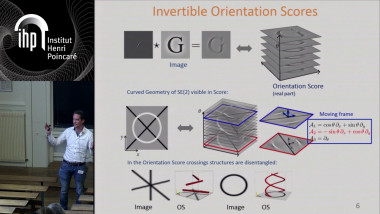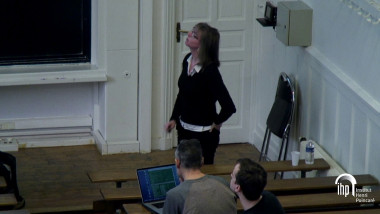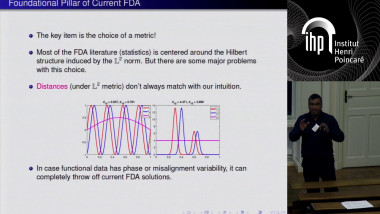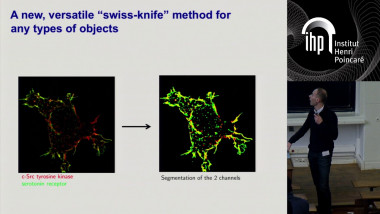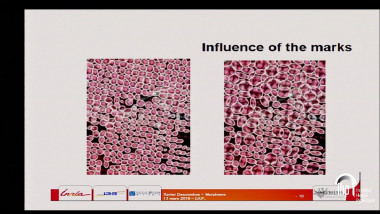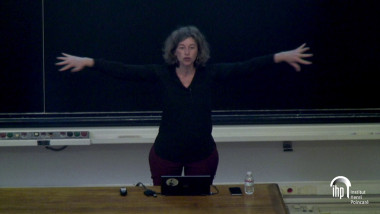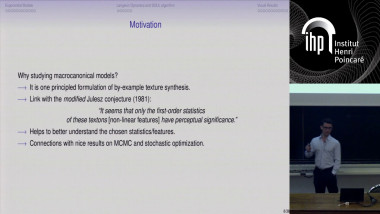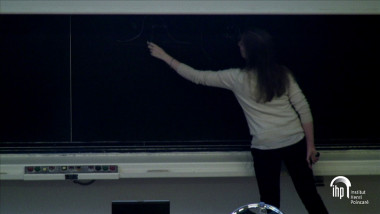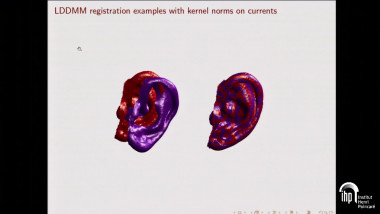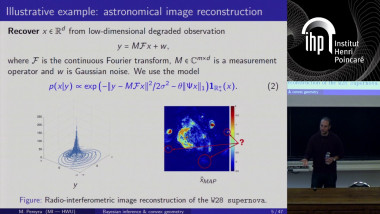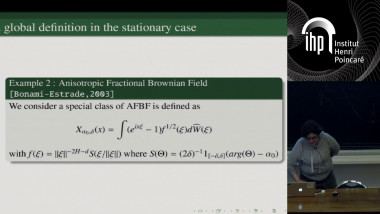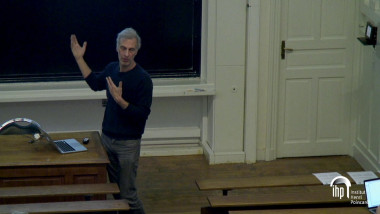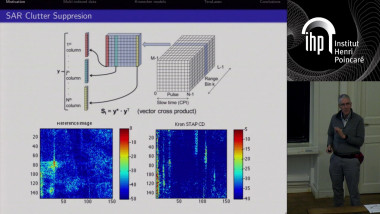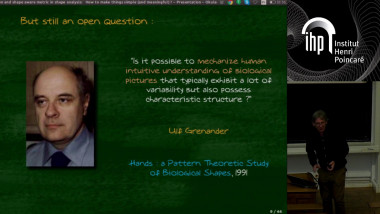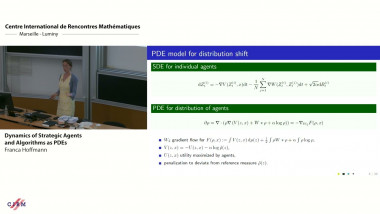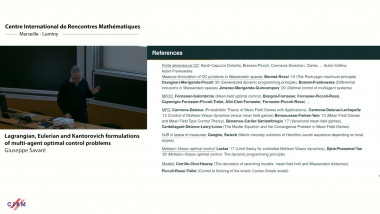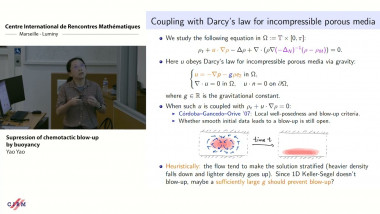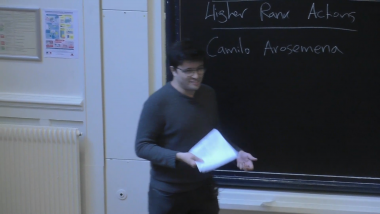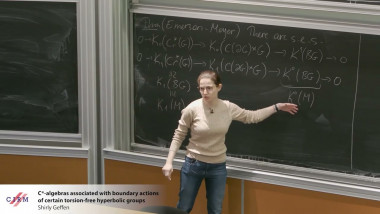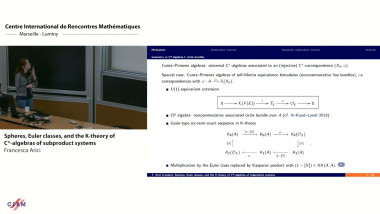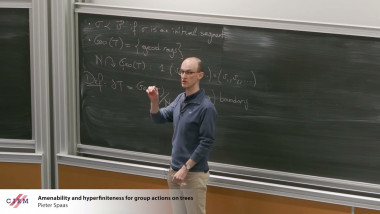A fast statistical colocalization method for 3D live cell imaging and super-resolution microscopy
The characterization of molecular interactions is a major challenge in quantitative microscopy. This problem is usually addressed in living cells by fluorescently labeling two types of molecules of interest with spectrally distinct fluorophores, and simultaneously imaging them. This process provides two images of the same cell, each depicting one different fluorescently tagged molecules, both corrupted with diffraction, noise and nuisance background. A crucial step in the analysis of interactions is to determine whether the molecule locations in the first image are correlated with the molecule locations in the second image. This so-called colocalization problem in bio-imaging remains an open issue in diffraction-limited microscopy and raises new challenges with the emergence of super- resolution imaging, a microscopic technique awarded by the 2014 Nobel prize in chemistry. We propose GcoPS, for Geo-coPositioning System, an original method that exploits the random sets structure of the tagged molecules to provide an explicit testing procedure. Our simulation study shows that GcoPS unequivocally outperforms the best competitive methods in adverse situations (noise, irregularly shaped molecules, different optical resolution). GcoPS is also much faster, a decisive advantage to face the huge amount of data in super-resolution imaging. We demonstrate the performances of GcoPS on two biological real datasets, obtained by conventional diffraction-limited microscopy technique and by super-resolution technique, respectively.


